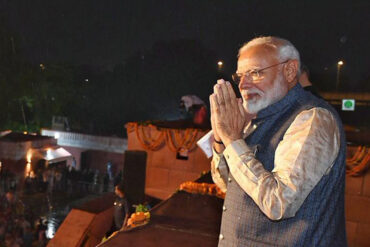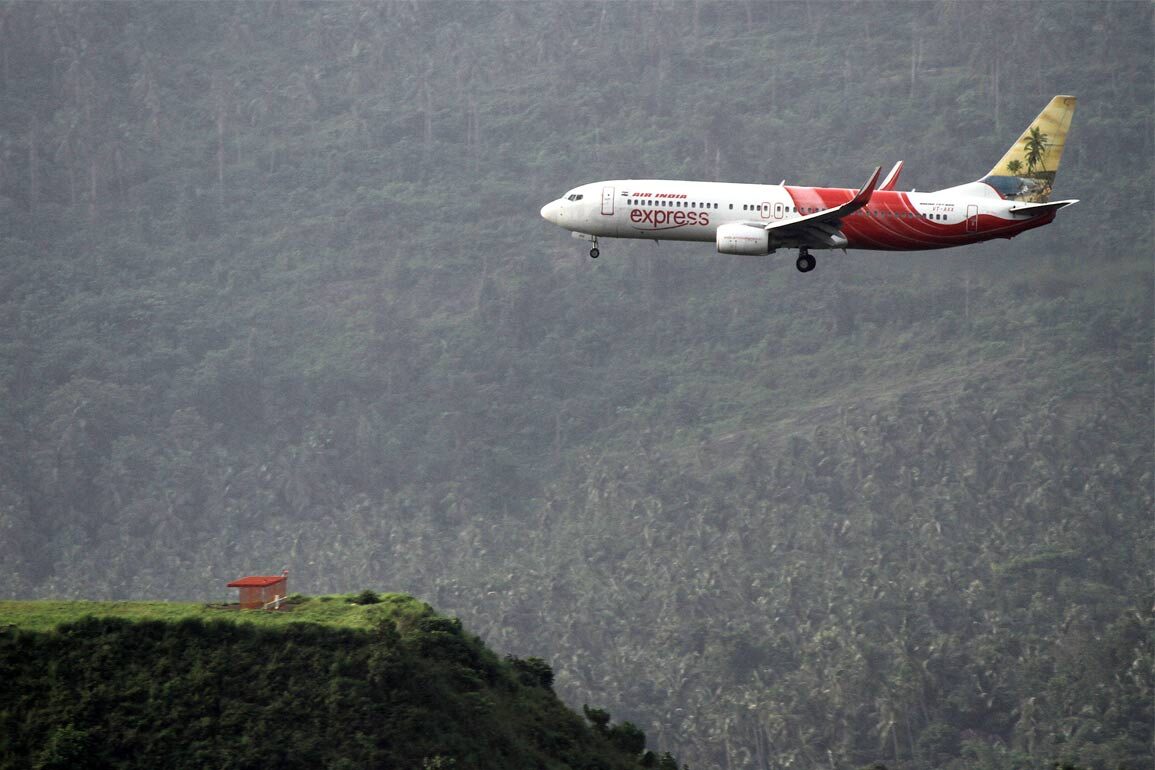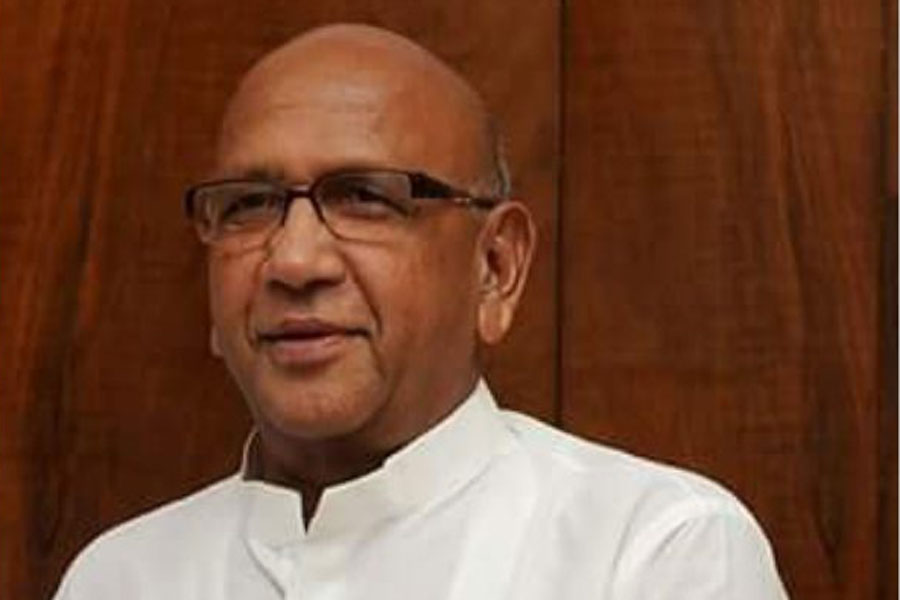During the Covid-19 lockdown, Kerala conducted extensive surveys to assess the expected number of returnees when the pandemic-time travel restrictions start to ease. The estimate turned out to be close to 5 lakhs, a number that many regarded to be surprisingly high. To date, close to 1 lakh passengers have arrived in Kerala’s airports through repatriation flights. Thus, if the initial estimates were reliable, we could expect more than twice as many passengers to be arriving into Kerala over the next few weeks or months.
There have been two broad routes of ‘repatriation’. First is the government-run programme called Vande Bharath Mission (VBM), and the second is that of chartered flights run by ‘pravasi’ organizations. We are at the cusp of a change in repatriation dynamics into Kerala. While repatriation efforts thus far were dominated by VBM with chartered flights playing a secondary role, that is set to reverse dramatically. In fact, it was announced that the last week of June will see twice as many chartered flights as VBM. This shift in repatriation efforts away from the government sector raises questions on ethics and morals, which also lead to questions on how to regulate chartered repatriation.
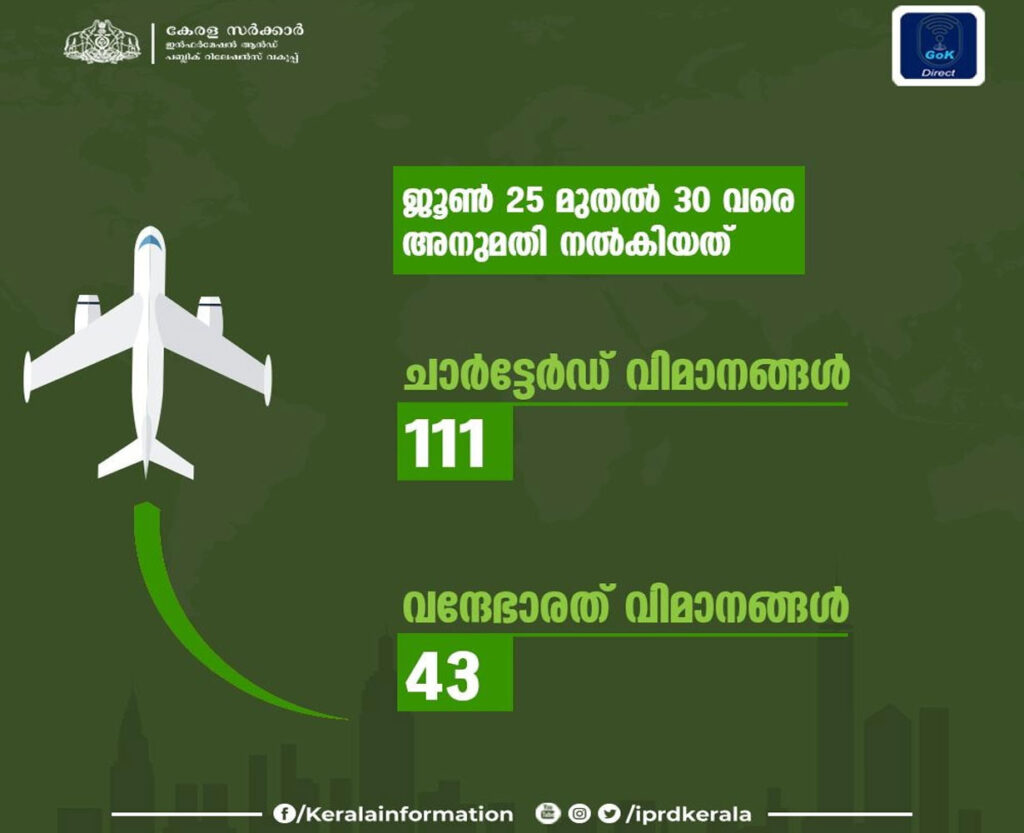
“Aren’t chartered flights done out of goodwill, why worry?”
Of course, chartered flights are operated on the basis of goodwill. The worst times are also the best times for solidarity. We have the experience of 2018 floods, where decentralized citizen-groups probably saved more lives than government-planned efforts. There is every reason to believe that repatriation through chartered flights is arranged with good intent. However, when we are staring at hundreds of repatriation flights (111 in the last week of June alone!), we need to ensure that things don’t slip into undesirable directions. This is what makes moral questions relevant.
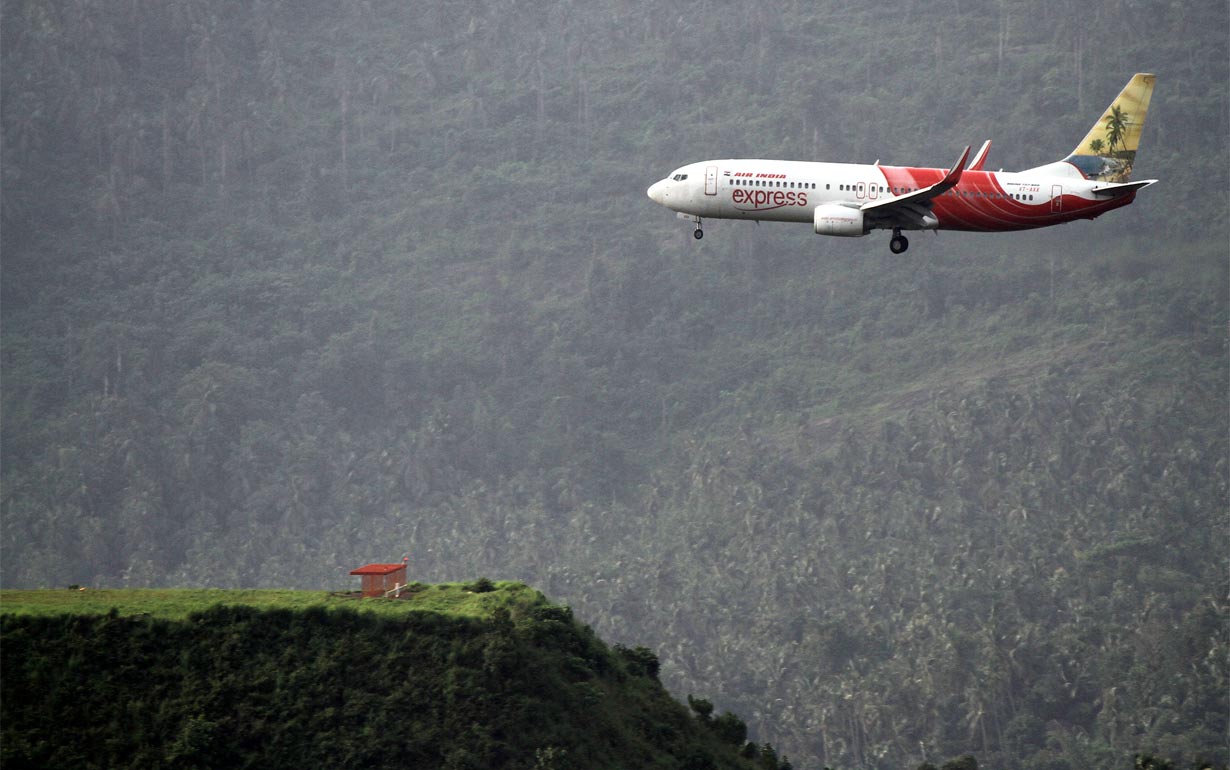
Chartered Flights as Supplements
The fundamental question to ask is “how do we intend to see chartered flights?”. There are two extreme answers and many more between them. First, we could see that as similar to usual travel flights, but with Covid-19 quarantine requirements imposed upon arrival. Under this answer, there is no need to regulate the ticketing of chartered flights. They can be issued at rates determined by the market which may be higher than normal times and can be distributed in ways determined by the organizers. In essence, this answer targets leaving chartered flights entirely to the hands of the market.
Second, the other extreme is to see chartered flights as ways to address the low flight availability due to the government being unable to organize enough VBM flights. In other words, VBM and chartered flights do not differ in their purpose. Under this answer, chartered flights simply serve to improve flight availability. This answer requires that the same restrictions for VBM be applied to chartered flights as well. Thus, they would be strictly required to charge VBM rates for travel and allot tickets in ways consistent with the Covid-19 repatriation priority categories fixed by the government. The priority conditions require that people on visit visas and those who have lost jobs or completed studies be prioritized higher than others. They would also additionally need to find travelers from the lists prepared by NORKA and other government agencies.
As of today, fortunately, there is much more support for the supplement approach than the market approach. The supplement approach ensures that people are not denied opportunity on chartered flights due to price affordability. The rates being equivalent will ensure that those who can purchase VBM tickets can purchase chartered flight tickets as well. It also ensures that there is fairness in ticket allocation since the NORKA intent-to-travel lists are something every potential traveler can get on.
Practicalities of the Supplement Approach
The supplement approach may face practical hurdles of two kinds; both on rates, and on fairness in ticket allocation.
Chartered flights are being arranged by private or civil society organizations that need to strike a deal with airline companies. This may cause them higher charges unlike VBM which operates Air India flights, Air India is a public sector company (as of today, but how long is another question!). Thus, they may find it necessary to impose higher rates for travel.
The chartered flights are being arranged by several organizations that have their own character. For example, an organization based in one city may find it useful to limit the allocation of tickets to residents of that city, to make sure they fulfill the obligations based on the organization’s mission. Forcing them to allocate from the NORKA list may reduce their interest in organizing the chartered flights altogether, which may be undesirable.
Current Regulatory Guidelines
There are current regulatory guidelines imposed on chartered flights by the Kerala government, as announced in one of CM’s press meets, which are largely in line with the supplement approach. First, there is a recommendation that ticket rates are “comparable” to VBM ticket rates. Second, there is also a guideline that the priority basis of passenger categories are followed by chartered flights. Both of these well-meaning guidelines are quite hard to enforce on a practical level. These debates, potentially aided by revelations and controversies, may come to the forefront in the coming days with many chartered flights planned.
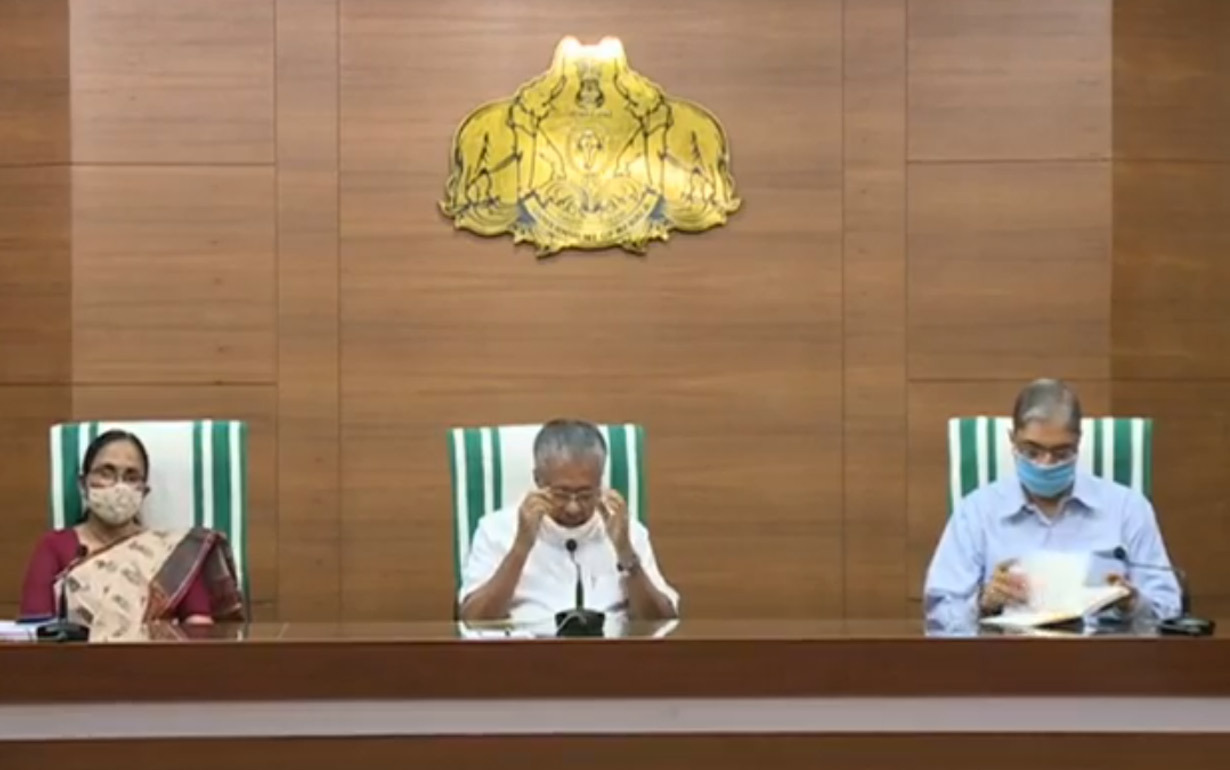
The nature of deviations
We may realize that strict adherence to these well-meaning regulatory guidelines may be impossible. However, we should, as a people, discuss and debate about what kinds of deviations are better and what kinds are bad.
The first thing to ask is what kinds of things should be clearly prevented from happening through chartered flights. On the pricing, we may want to make sure that everybody pays the same price for their ticket, even if the price is slightly higher than VBM. There is no reason for one person’s repatriation being costlier than another’s. On the allocation, we may want to make sure that religion and other ‘sensitive’ groupings such as gender or caste should not be a basis for traveler selection. We do not want to also have an upper-class group of elite Keralite businesspeople arranges a repatriation flight for their friends.
We may, however, want to take a more lenient stand on region-wise allocations of tickets. To ensure that an organization based in a city can meaningfully deliver on its regional commitments, it may limit the travelers to be from the city, while imposing the prioritization norms for various categories (e.g., tourist visas, job losses, etc.). However, using this lenient stand continuously may be a problem as well. For example, if only city-based organizations have the muscle power to organize chartered flights and they all restrict their ticket delivery to cities, priority travelers based in smaller towns may be denied travel opportunity for long durations.
There is also another danger with allowing too many chartered flights. It may ‘crowd out’ the government repatriation efforts. To ensure that Kerala-bound travelers get their fair share of VBM flights, the state may need to continuously apply pressure on the centre to ensure a fair share of VBM flights.
Pic 4. The CMDRF Portal that provides real-time updates, a move that helps transparency. Pic: Screenshot from CMDRF Portal.
The Transparency Path
How do we prevent the undesirable outcomes listed above from happening through chartered flights? While there is no concrete answer, a way to ensure that could be based on ensuring transparency. The government may require or encourage each organization to arrange chartered flights to make some information public. For example, there is every reason to necessitate that the number of travelers in priority categories in each flight be made public. Additionally, the fare charged for each flight may also be required to be public. We may also hope that setting a requirement for transparency as goodwill may also trigger a ‘transparency race’. Organizations that may want to be seen as more responsible may want to voluntarily make more details public, enhancing public pressure on all organizations. The government may even want to facilitate this by providing a website where organizations could voluntarily upload the details of chartered flights so that all information is in one place. With such increased transparency, we may be able to ensure that repatriation efforts with chartered flights are conducted in a manner that is agreeable to the democratic values prevalent in our society.
Much like how we set a global example with Covid-19 handling through a ‘test and trace’ approach and campaigns like ‘break the chain’, there is an opportunity here for Kerala and its people to set a new high for fair and responsible pandemic-time repatriation while allowing for chartered flights.




